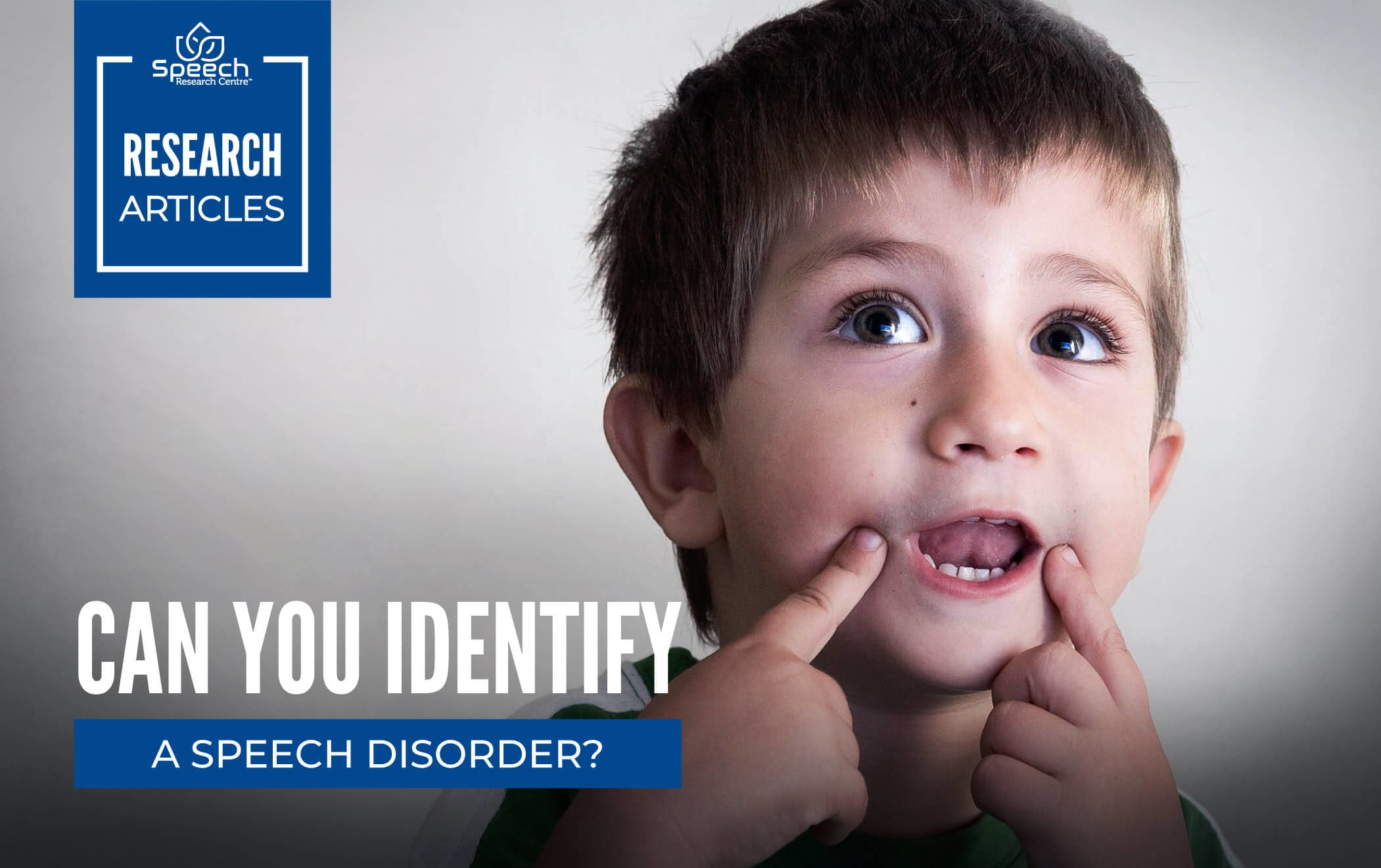
How to determine if your child has a speech disorder?
Children may have difficulty when learning to speak. Identifying a speech disorder early can make a huge difference to both the families involved and to the affected children. Speech issues can lead to psychosocial problems like anxiety and affect literacy development and overall performance at school. Speaking is a tough thing to learn. It’s a complex fine-motor skill that involves mapping abstract linguistic structures to dynamic sequences of muscle movements — and quickly. So if your child is having trouble with it, keep in mind that it is not unlike learning to play the piano or to write for the first time.
What are the early signs of a speech disorder? For example, children might have a speech disorder if they have trouble combining sounds, grope for words or sounds, leave out parts of words, add sounds in incorrect places, or substitute hard-to-pronounce sounds for easier but incorrect ones. Children may also stutter on words and phrases. Although making errors in speech is quite typical for kids — especially when they’re really excited about what they’re saying — it can sometimes lead to a lifelong problem.
With stuttering, a good thing to look out for is whether the child is repeating a complete word (which is usually fine) or if they are repeating parts of words. That’s what we call “part-word disfluency.” If you notice these part-word disfluencies, which might be accompanied by some trouble pronouncing words, it’s a good idea to find professional help. While many kids will outgrow their stuttering, a speech-language pathologist can significantly improve the speech fluency of those at risk of permanent stuttering. So if your child is very late with those first words, compared to other kids of the same age, or is missing/misarticulating certain sounds when they speak, or is stuttering, you should seek out a speech-language pathologist.
Article was originally published in Health and Wellness section of the Toronto Star: